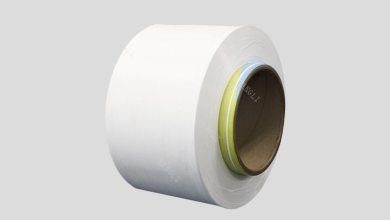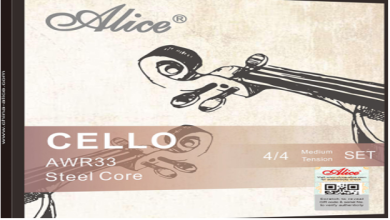Which supplements help with hair growth?

Are you sick of having mediocre hair and ready to make a change? The solution you’ve been looking for could be as simple as trying a hair growth pill. Here, we’ll take a look at the supplement industry that promises to deliver the thick, healthy hair you’ve always wanted. Let’s look into the research behind these supplements to see which ones hold some merit.
Introduction
A full head of healthy hair is frequently used as a signifier of youth, vigor, and attractiveness. Hair growth pills have recently risen in popularity as a possible answer for people who want to increase hair growth and improve the condition of their existing hair. While factors like genetics and general health are certainly important, taking the best hair growth supplement can give you the boost you need to finally get the hair you’ve always wanted.
The Basics of Hair Growth
It’s crucial to know how hair develops before delving into the world of supplements. The three stages of hair development are called the anagen, catagen, and telogen phases, respectively. It is vital to feed your body with the right ingredients, such as a balanced diet rich in key nutrients, in order to power this cycle.
Important Hair Nutrients
The foundation of strong hair is a diet rich in all the necessary elements. Vitamins, minerals, proteins, and fatty acids are all examples. We’ll look into some of the major actors in the pursuit of healthy hair.
Vitamin D, also known as “the sunshine vitamin for your hair
The hair follicle cycle is greatly aided by vitamin D, also known as the sunshine vitamin. Recent studies have linked insufficient vitamin D levels to a higher risk of hair loss. Vitamin D tablets may be useful in resolving this shortage and fostering normal hair growth.
Biotin, the Hair Growth Nutrient
Biotin, or vitamin B7, is commonly taken to promote healthy hair. Keratin, a protein essential to hair’s structure, is produced with its help. Even though biotin deficiencies are unusual, some people nevertheless take supplements to help their hair grow.
Iron’s Role in Healthy Hair
Hair loss can occur from iron deficiency even in the absence of anemia. The transport of oxygen to hair follicles is greatly aided by iron. See a doctor first if you think you might have an iron deficiency before taking iron supplements.
The Effects of Omega-3 Fatty Acids on Hair
Omega-3 fatty acids are well-known for their ability to reduce inflammation. These fats aid hair follicles by maintaining a wholesome scalp environment. Taking omega-3 fatty acid supplements may help stimulate hair growth.
Lack of zinc has been linked to thinning hair.
Hair thinning and scalp problems have both been linked to zinc deficiencies. This mineral is crucial for maintaining healthy hair follicles because of its role in DNA and RNA synthesis. If you are deficient in zinc, taking a supplement may help.
Hair & Scalp Collagen Supplements
Collagen, a protein that gives the skin, hair, and nails their structure, has become popular as a hair-growth supplement. Indirect evidence suggests that collagen’s positive effects on skin health may aid in hair growth, despite a lack of direct evidence.
Multivitamins: A Holistic Strategy
One convenient strategy for covering all your nutritional needs is to take a multivitamin daily. Vitamins A, C, and E, as well as the entire family of B vitamins, and minerals like selenium and magnesium, should all be present.
The Importance of Herbal Supplements for Hair Growth
Saw palmetto, ginseng, and horsetail extract are just a few of the herbal substances thought to stimulate hair growth. Natural treatments have been used for centuries, but it’s best to use them with caution and talk to a doctor before trying anything new. More on this topic can be found at isaimini blog.
Seeking Expert Counsel
If you have any pre existing problems or take any medications, it is very important to talk to your doctor before beginning a new supplement program. They can tailor their advice to fit your specific situation.
Tips for Having Healthy Hair
Besides getting supplements, there are other things you can do to help your hair stay healthy:
Routine Hair Care
Use a light shampoo and conditioner that is free of sulfates and is right for your hair type.
Don’t wash your hair with too much hot water, because it can strip the natural oils from your hair.
Don’t rub your hair too much with a towel; instead, pat it dry gently to keep it from getting damaged.
Massaging the head
By massaging your head, you can get more blood to your hair follicles, which helps them grow.
For extra benefits, you could use essential oils like lavender or rosemary.
Hairstyles that protect
Choose hairstyles that are easy on your hair, like ponytails or loose bands.
Avoid hairstyles that are too tight because they can pull on the hair strands and cause them to break.
Conclusion
The hair of your dreams may require more than simply good genes and careful hair maintenance. Choosing the right hair regrowth supplement and incorporating it into an already healthy routine can give your tresses the boost they need to flourish. Keep in mind that everyone is different, so before making any major changes to your supplement routine, it may be wise to get some expert guidance.





